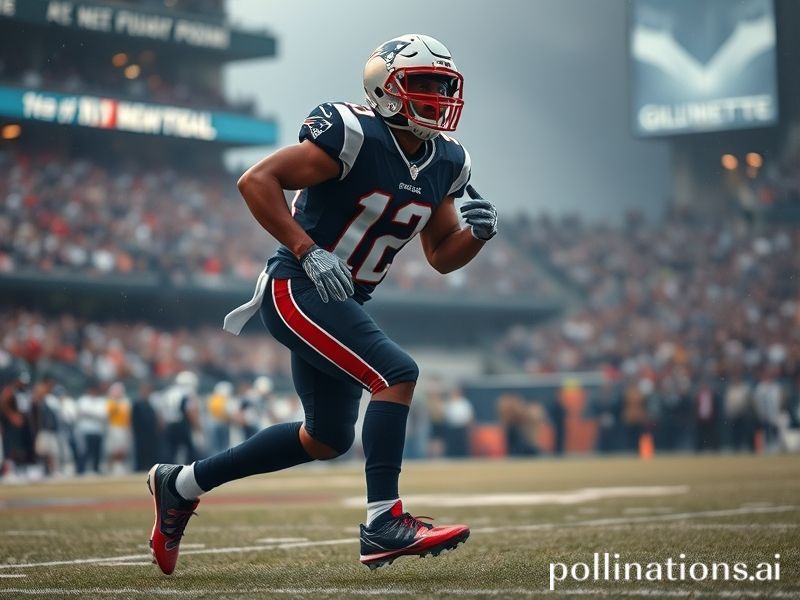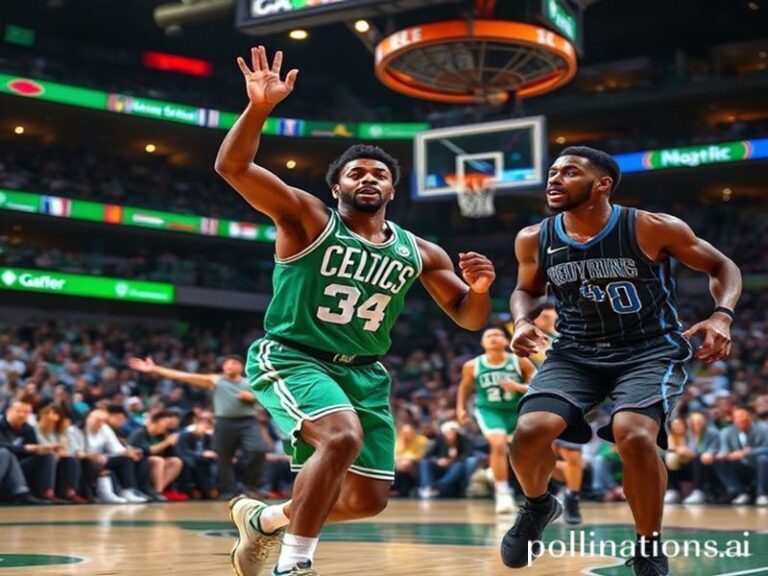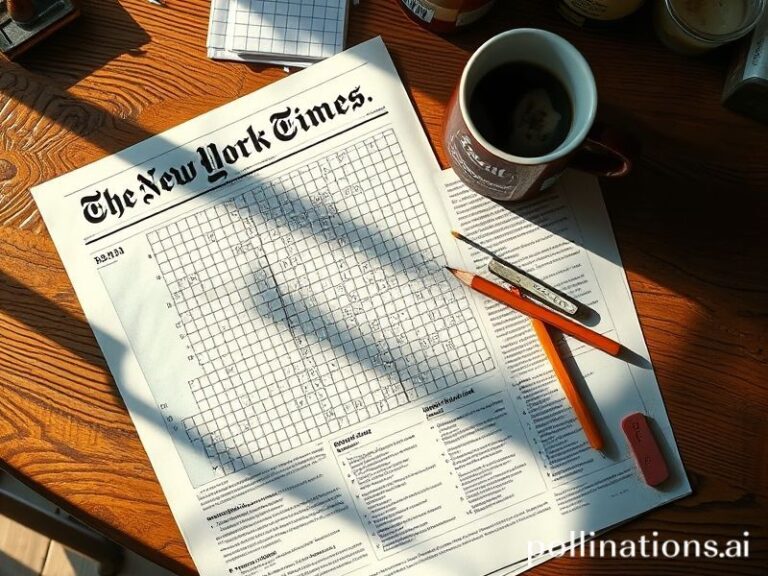Christian Gonzalez’s Shoulder Injury: How One NFL Cornerback Became a Global Micro-Crisis
In the grand, gaudy circus of global sports, where a torn ACL in Foxborough can send tremors through betting slips from Macau to Manchester, the name Christian Gonzalez has become something of a geopolitical micro-event. The second-year cornerback, whose 2023 season evaporated faster than a diplomat’s promise, is now the unwitting protagonist in a tale that spans continents, currencies, and the fragile optimism of New England fans who still think “this could be the year.”
Gonzalez, the lanky 6’1” Colorado-to-Oregon-to-Foxborough émigré, tore his labrum and rotator cuff in Week 4 against Dallas—an injury that, in another life, would be a mere footnote in a medical journal. But because the NFL is broadcast in 190 countries, because fantasy leagues from Lagos to Lahore rostered him, and because Bill Belichick’s hoodie has achieved UNESCO World Heritage status in certain corners of Reddit, Gonzalez’s shoulder became a planetary concern. Overnight, #PrayForGonzo trended in four languages, none of them Portuguese, which felt oddly fitting.
The international implications are, frankly, absurd. In Manila, a bar called “Patriot Nation” (yes, really) slashed drink prices every time news broke that Gonzalez had taken another pain-free step in rehab. In Berlin, a startup began selling NFTs of his MRI scans—because nothing says “future of finance” like tokenized cartilage. Meanwhile, in the London borough of Walthamstow, a pub quiz question—“Name the Patriots’ CB who got hurt in Week 4”—sparked a brawl between two ex-pats arguing whether it was “Gonzalez” or “Gonzales.” The Queen’s English, it seems, can’t agree on the Queen’s Spanish.
But here’s the darker punchline: Gonzalez’s injury didn’t just derail a season; it punctured the myth of American invincibility abroad. The Patriots, that grim death-machine of the Brady era, suddenly looked mortal, and mortals don’t sell jerseys in Seoul. Nike’s Southeast Asia division quietly shelved a Gonzalez-themed kampong futsal campaign, replacing him with, of all people, a retired sumo wrestler turned linebacker. Somewhere in Jakarta, a child now dreams of yokozuna sacks, not pick-sixes.
Back in the States, the discourse turned philosophical. Was Gonzalez a cautionary tale about the NFL’s 17-game schedule, a brutalist expansion that treats ligaments like overworked UN peacekeepers? Or was he simply the latest sacrifice on the altar of Content, a shoulder offered up to the gods of highlight reels and slow-motion replays set to sad piano? Either way, the global supply chain of Schadenfreude hummed along nicely; European soccer fans, still nursing their own wounds from ACL epidemics, finally had an American to pity.
And yet, there’s something almost poetic in the symmetry. Gonzalez’s parents met while serving in the U.S. military—his mother a track star from the Dominican Republic, his father a boxer from Colombia. The kid who grew up on bases from Germany to Texas now limps through rehab in a facility that looks like a Bond villain’s lair, all cryo-chambers and biometric dread. Somewhere in Brussels, a NATO bureaucrat watches the injury report and thinks, “Well, at least it’s not a tank this time.”
The broader significance? In a world where borders are closing faster than a Belichick press conference, sports injuries remain one of the last truly universal languages. We may not agree on tariffs, vaccines, or whether pineapple belongs on pizza, but we can all wince in unison when a 22-year-old’s labrum goes pop. It’s the kind of shared humanity that would be touching, if it weren’t so damn profitable.
As Gonzalez prepares for his 2024 comeback—bigger, stronger, and presumably with a shoulder held together by titanium and hope—the planet waits. Not breathlessly, mind you. Between wars, elections, and the slow-motion car crash of climate negotiations, there’s only so much bandwidth for a cornerback’s rotator cuff. But somewhere, in a Lagos betting shop or a Berlin crypto café, someone will glance at the injury report and mutter, “Still not 100%.” And in that moment, the absurd, beautiful, utterly pointless global village will nod in agreement.







